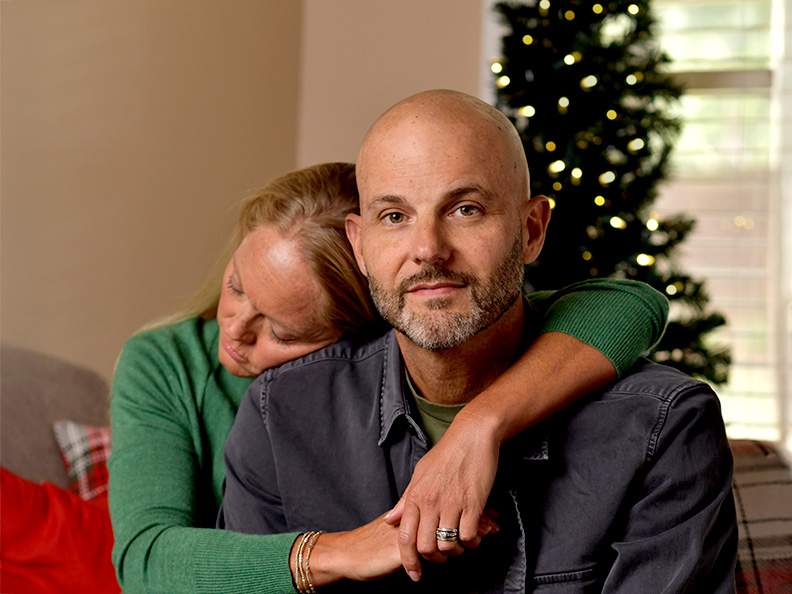Your gift is 100% tax deductible
Bladder Cancer
If you have bladder cancer or are close to someone who does, knowing what to expect can help you cope. Here you can find out all about bladder cancer, including risk factors, symptoms, how it's found, and how it's treated.
This information is possible thanks to people like you.
We depend on donations to keep our cancer information available for the people who need it most.



